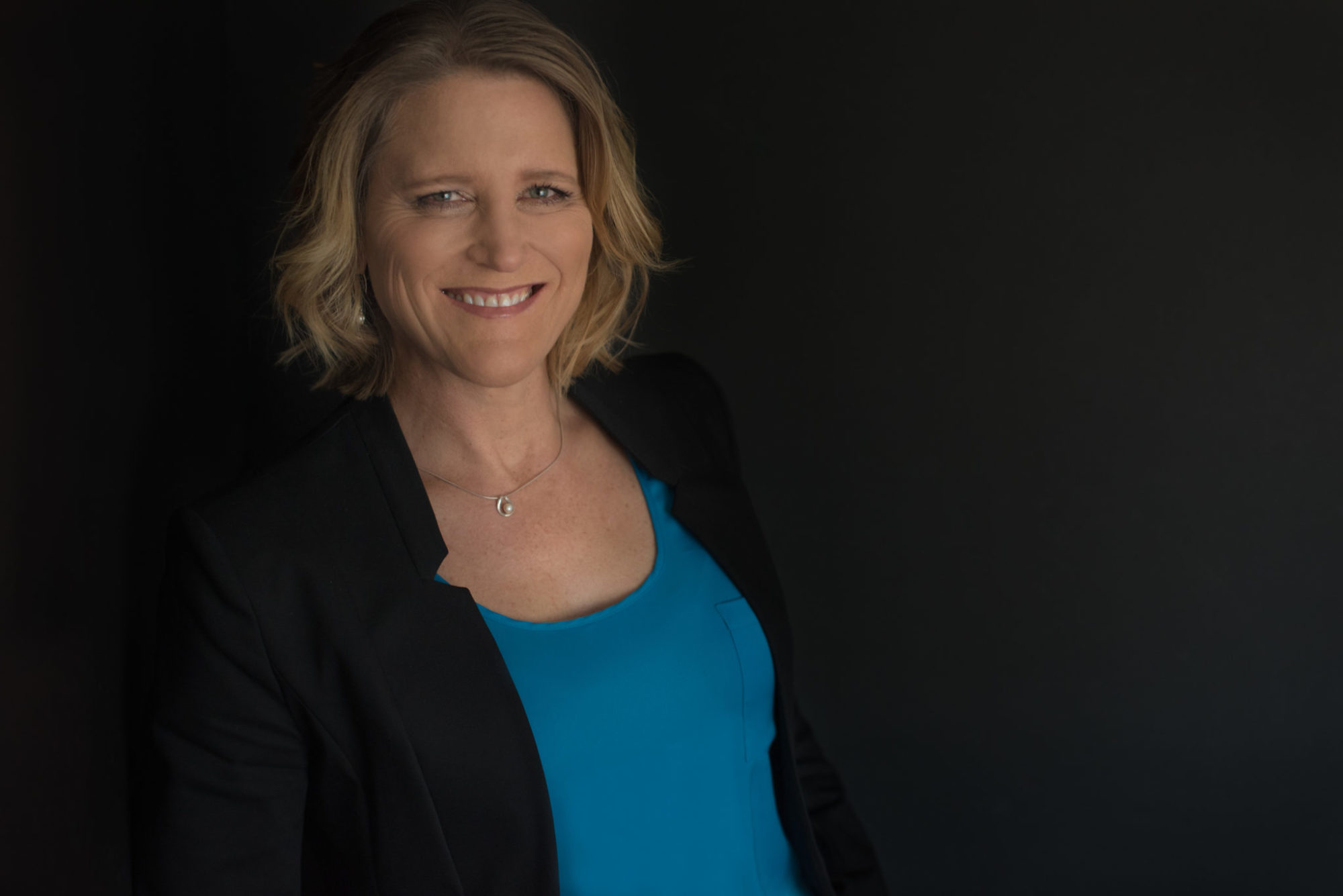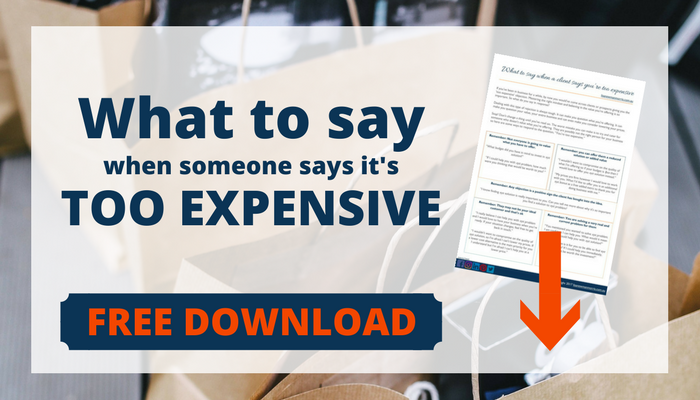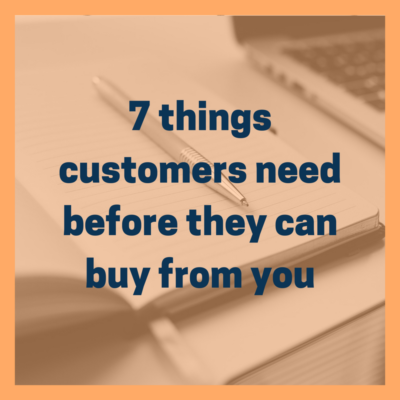Why customers say no
How many customers do you have coming into your business to enquire or try you out, only to say no to the purchase? Would you like to know why customers say no? I’m going to explain to you why customers say no, and it’s not for the reason you think.
While I’m not a fan of ever assuming anything about another person, I am going to make an assumption here that at some point, you’ve thought the customer said no because of your price.
It’s not about the price
This article is to explain to you why it’s not about the price. Your customer may have even told you it’s because of the price. But people do not buy based on price alone.
If they did, there would be no Bentley, Ferrari, Porche, Jaguar, Maserati, Mercedes Benz, Aston Martin, Mustang, Rolls Royce, Lexus, Audi or Tesla. There would be no Rolex, Harry Winston, Tiffany, Cartier, Van Cleef & Arpels or Blvgari. No Jimmy Choo, Christian Louboutin, Louis Vutton, Gucci or Manolo Blahnik. Companies like Givenchy, Dolce & Gabbana, Valentino or Georgio Armani would’ve gone out of business decades ago. You wouldn’t be able to eat at Vue de Monde, Attica, Brae, Quay, Flower Drum, Tetsuya’s, The Press Club or Dinner by Heston.
People do not buy based on price alone. Share on X
There would be no Gold Class Cinemas when you can watch exactly the same movie in a regular cinema for one quarter the price. There would be no need for Coles or Woolworths to stock Rosella tomato sauce, Sorbent toilet paper or Arnott’s Tim Tams when you can buy the homebrand equivalents for a fraction of the cost. Every personal trainer, pilates instructor and yoga teacher in the country would be out of business tomorrow because you can join the gym for much less money or better still, train on your own for free.
How do all these businesses stay in business?
How do so many businesses, brands and entire industries, who charge top dollar, exist and thrive? The reason is that people don’t buy based on price alone.
If you’re thinking the way most people think, you might assume it’s only people who have a lot of money who keep these businesses going. Yes money is usually not an issue for people with abundant bank accounts but every day, middle class people pay more than they need to for items and services every single day too.
Why do they do that?
How do so many businesses, brands and entire industries, who charge top dollar, exist and thrive? Share on X
If it’s not about price, why do customers say no?
The reason customers say no is not because of price. Customers say no for various reasons. If you think it’s about the cost, you are missing something huge. If you’re discounting your price thinking you will get more customers, stop right there. Don’t discount one more thing, ever. Customers are not walking away from your business because of the cost.
If you’re getting the objection, “it’s too expensive“, it’s because you’re not doing other things. Your customers are telling you they’re missing something else, but they don’t know how to say that. What they do know how to say is “it’s too expensive”.
Being cheaper is not better. It doesn’t mean you’ll get more sales if you’re the cheapest out of all your competitors. The reason customers say no to your business, is not because your competitors are cheaper.
The reason customers say no to your business, is not because your competitors are cheaper. Share on X
Why customers say no
Ok so why do customers say no? One word — value.
People value things differently. That’s a given. If they don’t see value, they won’t spend the money. They’ll say no. The concept of value is the key to understanding how and why people buy and why they say no to one business and yes to another.
What does value mean?
Value is the extent to which something is perceived to meet a need. In business today, you have to exchange money to achieve a solution to a need. But it wasn’t always this way.
Value is the extent to which something is perceived to meet a need. Share on X
Through history, the art of business was about trade, not money. There was no such thing as money. People traded goods, food, livestock, grain, fur, cowry shells, beads, weapons, even other people in the act of doing business with another person. The act of business was about trading goods or services of equal value.
Business was about value, not money.
Then along came precious metals such as gold and silver which were highly sought after and became valuable commodities for trade. Coins began being produced and used for trade before paper money, plastic money and now in the 21st century, virtual money in the cloud.
How is value decided?
Value is a very personal thing. The same item, service or experience holds different value for you as it does for anyone else. You may value something based on:
- quality
- experience
- convenience
- comfort
- luxury
- taste
- status
- joy
- risk
- safety
- pride
- love
If the value of what you’re looking to buy, is equal to or greater than the price tag, then you’ll have no hesitation in buying.
Value is a very personal thing. Share on X
How do you establish value?
As the business owner and person in control of the buying process, you don’t get to decide how your customer values your product or service. However, what you do have control over, is helping the customer see the value.
The buying process is largely emotional, so asking the right questions to help uncover the customer’s emotional connection to their need, helps establish value and sometimes heightens the value for the customer.
Value is related to the present time only, and at any point in time, value can change, even if the product or service does not. This is because value is based on need and your customer’s needs change all the time.
To be successful in business, be clear on the value of what you are selling. Ask the right questions to uncover your customer’s need. Focus on helping your customer achieve a solution to their need and you’ll have more customers saying yes!



